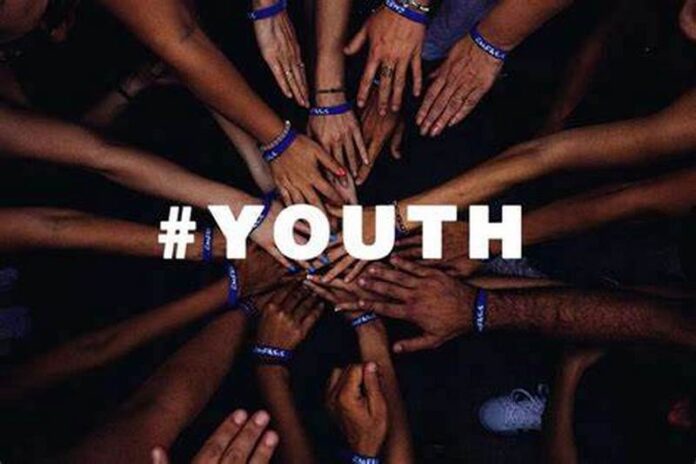Voices of African youth are not fully represented in the policy-making process, according to the latest report released by Afrobarometer.
The report, titled “African Insights 2024: Democracy at Risk – the People’s Perspective,” reveals that African youth are significantly less likely to express their dissatisfaction and preferences at the ballot box.
Additionally, the report highlights that African youth lag behind older generations by 7 to 12 percentage points in other forms of political engagement.
“But like young citizens throughout the world, young Africans are significantly less likely than their elders to express their dissatisfaction and preferences at the ballot box: 63% of those old enough to vote in their country’s last election say they did so, compared to 78%-84% of older cohorts
“They also trail by 7-12 percentage points in other forms of political engagement, such as joining others to raise an issue and contacting a local government councillor. Taken together, these deficits suggest that the voices of young Africans are not yet fully heard in the continent’s policy processes.”
According to the report, African youth have identified unemployment and economic management as their top priorities, urging governments to take urgent action to address these issues.
“African youth (aged 18-35) rank unemployment and management of the economy as their top priorities for urgent government action, and large majorities see their governments as failing on these issues (Sanny, van Wyk-Khosa, & Asunka, 2023),” Afrobarometer stated in its report.
It added that almost two-thirds (64%) of youth prefer democracy over other kinds of government.
“On average, almost two-thirds (64%) of youth prefer democracy over any other kind of government. They join older cohorts in rejecting dictatorship (80%) and military rule (65%) but are more likely to accept military takeovers “when elected leaders abuse power for their own ends” (56% of youth vs. 47% of those over age 55).”
“Youth are more likely than their elders to see “most” or “all” officials in the Presidency as corrupt (40%) and to be dissatisfied with the way democracy is working in their country (60%).”
ALSO READ:


